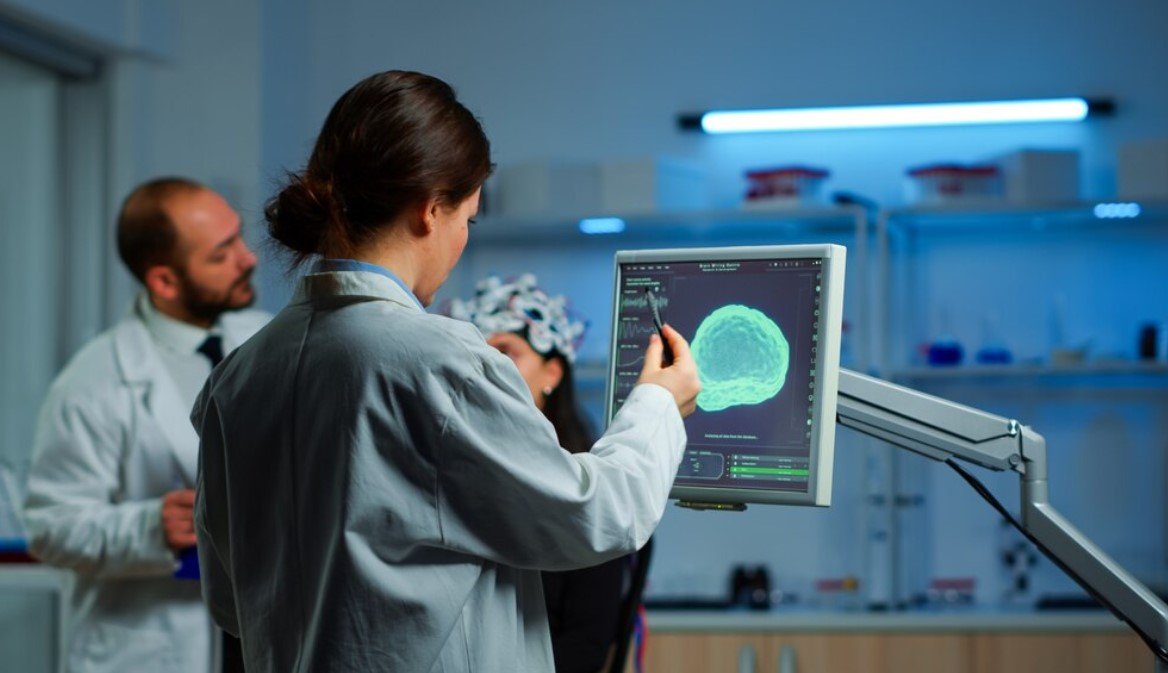Cancer pathology reports are crucial for diagnosing and treating cancer patients, but they are often lengthy and complex, making it difficult to extract and analyze the relevant information. A new study by researchers from Monash University and Cabrini Health shows how artificial intelligence (AI) can streamline cancer pathology reporting and improve patient outcomes.
AI Extracts Key Information from Pathology Reports
The study, published in the journal Scientific Reports, describes how the researchers developed and tested an AI system that can automatically extract key information from cancer pathology reports, such as the type, location, and behavior of the cancer cells. The AI system uses natural language processing (NLP) and machine learning (ML) techniques to analyze the text and identify the relevant data elements.
The researchers evaluated the performance of the AI system on a large dataset of over 26,000 pathology reports from patients with colorectal cancer, breast cancer, and lung cancer. They found that the AI system achieved high accuracy and consistency in extracting the data elements, compared to manual methods and existing tools.

The AI system can also generate standardized and structured reports that can be easily uploaded to population-level databases, such as the Victorian Cancer Registry. This can facilitate cancer surveillance and research, as well as inform clinical decision making and treatment planning.
AI Enhances Cancer Care and Prevention
The researchers believe that the AI system can enhance cancer care and prevention by providing timely and accurate information to clinicians and patients. For example, the AI system can help identify patients who are at high risk of cancer relapse or metastasis, and suggest appropriate follow-up tests or treatments. The AI system can also help monitor the effectiveness and side effects of different therapies, and provide personalized recommendations based on the patient’s characteristics and preferences.
Additionally, the AI system can help prevent cancer by identifying potential risk factors and screening candidates. The AI system can analyze the patient’s medical history, family history, lifestyle, and genetic factors, and provide tailored advice on how to reduce the risk of developing cancer or detect it early.
The researchers hope that the AI system can be integrated into the clinical workflow and improve the quality and efficiency of cancer pathology reporting. They also plan to extend the AI system to other types of cancer and other medical domains, such as radiology and surgery.



































